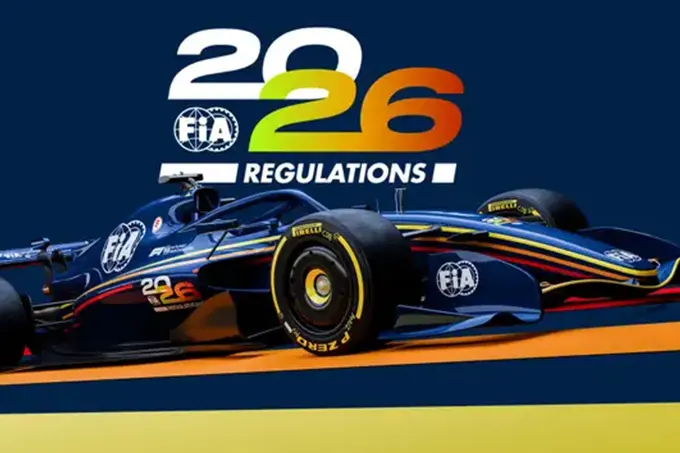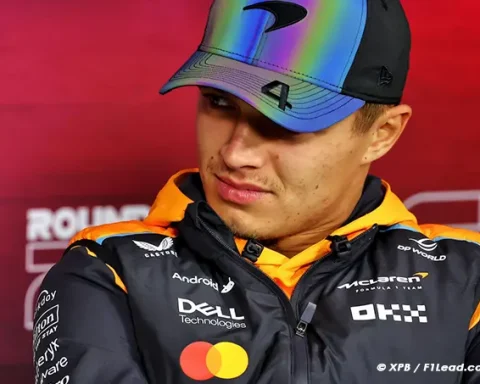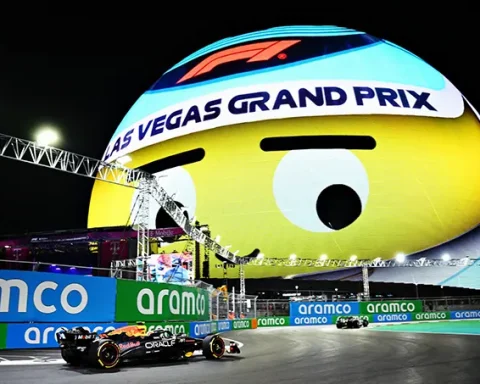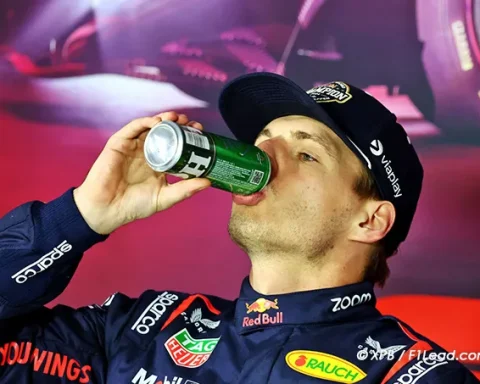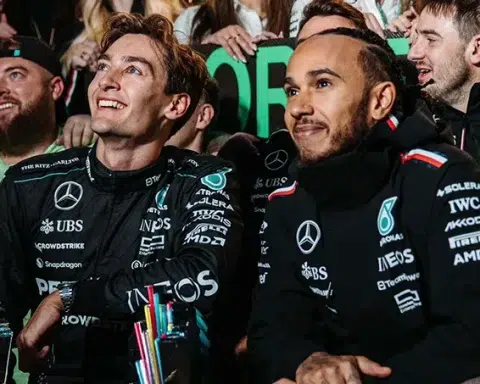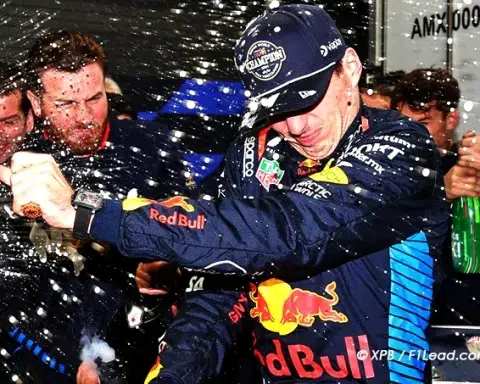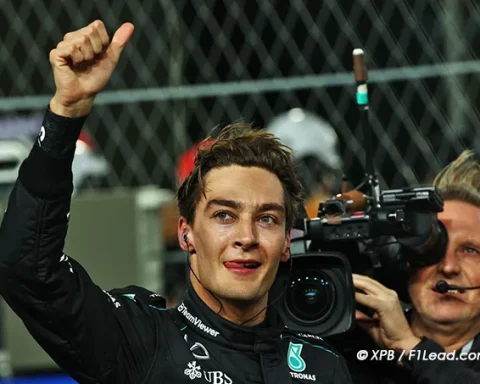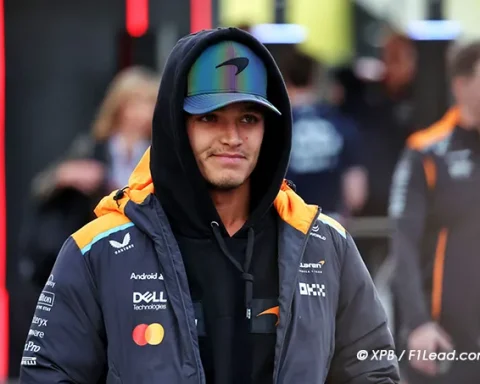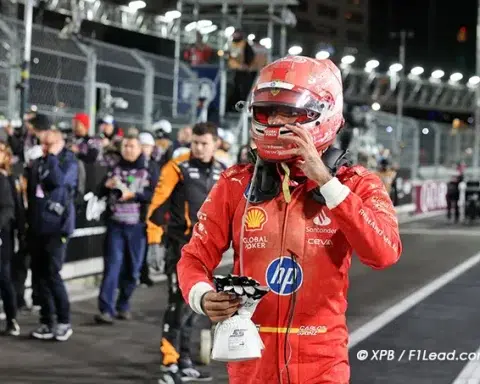Pierre Waché foresees a diverse 2026 F1 landscape, highlighting the sport’s cyclical nature and teams’ push for regulatory freedom.
Pierre Waché anticipates a markedly different spectacle in 2026, with greater disparities between teams. The Red Bull Technical Director acknowledges that performance convergence is a common trend in motorsport and recalls similar phases in Formula One history.
“Yes, I agree. This isn’t the first time we’ve faced this issue. In 2021, we had a major battle, a fantastic championship. Before that, in 2012, it was fantastic, and then we introduced a new engine in 2014,” Waché told Planet F1.
“It’s the nature of the sport, and I think the longer you stick with the same regulations, the more competitiveness you see from everyone — everyone knows this and understands the potential for change.”
The Frenchman expresses some frustration with the new regulations, feeling they do not offer enough creative and design freedom to the teams. Yet, he remains hopeful that the final regulations will allow for greater freedom.
“I’m among those who say it’s quite negative, but I think that’s the very nature of engineering. When you have a well-defined field in which to work, and the system changes, as an engineer, that’s part of the challenge.”
“From our side, the freedom we might have is very limited at the moment, and that’s what we’re discussing with the FIA. It seems they might be able to change it, but for now, the freedom is very restricted and not very appealing as an engineer.”
Waché “Might” Lose Interest in F1
Waché, however, is convinced that he will find enjoyment in working under the new regulations as the months and seasons progress after their implementation, but he also wants to ensure he is at his best to succeed.
“Normally, in this profession, you realise after a few months of working, you start to really appreciate it because you always need to find a new challenge to push the system and the boundaries even further.”
“The main question I ask myself is whether I am at my best to do my job. And if someone else is better, they should be given the space to do that job. The motivation will be there; it’s more about the ability to understand the problem—if I’m not there, then someone else will do it.”
He does not want to react too hastily to the frustration of lacking creative freedom, but Waché acknowledges that this regulation could ultimately lead him to lose interest in his role in Formula 1.
“Yes, it could, looking back is never good, and a quick reaction to a problem like this, generally, could be ‘it’s not worth being here because you don’t have freedom’.”
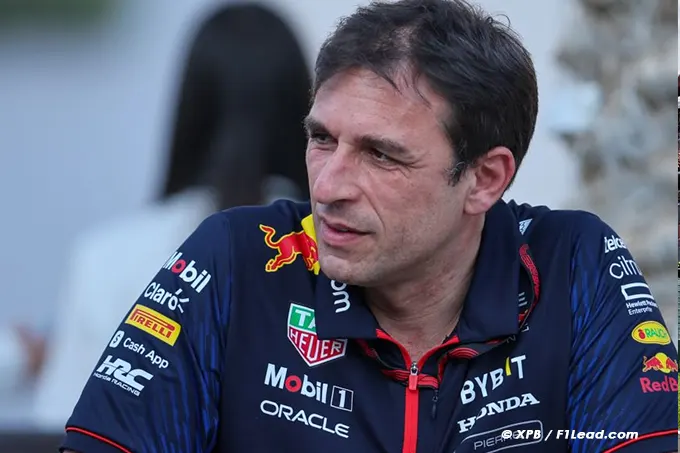
- You may also like>Hamilton Favours Classic F1 Over Modern, Praises Senna’s ’88
- Following us on>Facebook and>Twitter
F1’s 2026 Models Lack Appeal; Teams Want Changes F1’s 2026 Models Lack Appeal; Teams Want Changes
